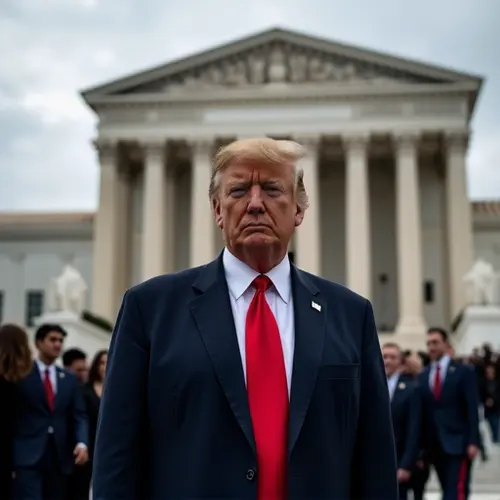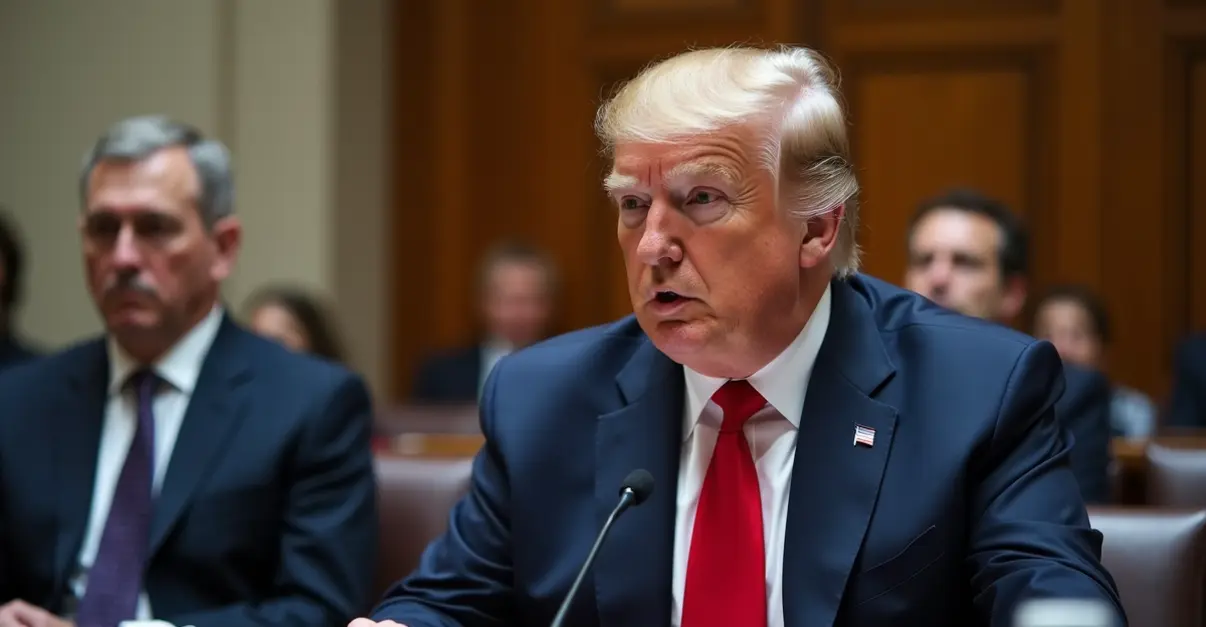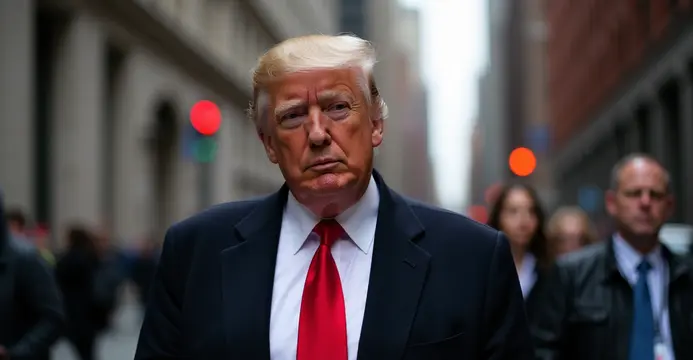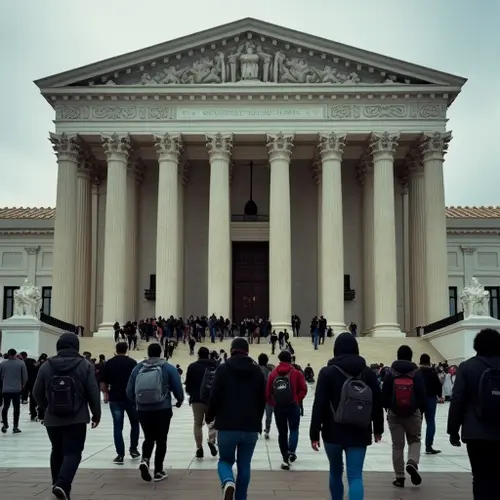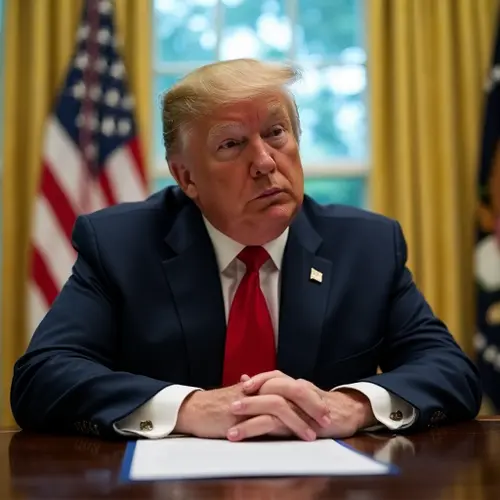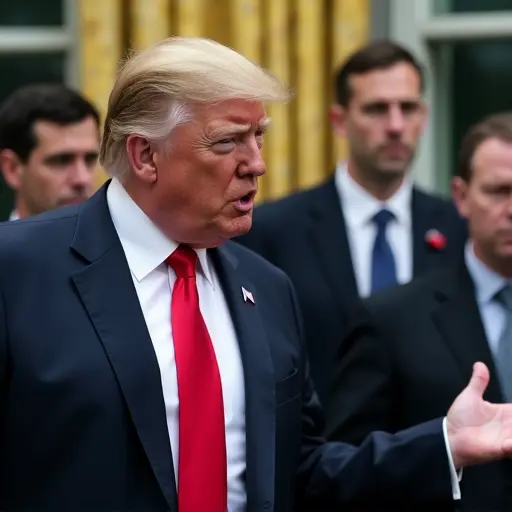Landmark Ruling Reshapes Presidential Authority
The US Supreme Court has significantly curtailed the power of federal judges to issue nationwide injunctions against presidential executive orders. In a 6-3 decision along ideological lines, the conservative-majority court ruled that district judges lack authority to universally block implementation of presidential directives.
Birthright Citizenship Case Sets Precedent
The decision came in response to President Trump's executive order limiting birthright citizenship, issued on his second inauguration day. The order sought to end automatic citizenship for children born to undocumented immigrants in US territory. Federal judges in Maryland, Massachusetts, and Washington had previously blocked this policy, affecting approximately 150,000 children born annually in the US.
Constitutional Controversy
Opponents argue the ruling undermines the Fourteenth Amendment, which states: "All persons born or naturalized in the United States... are citizens." The Trump administration contends this doesn't apply to undocumented immigrants or temporary visitors. Legal experts note this decision could impact dozens of pending cases challenging Trump's executive actions.
Broader Implications for Governance
The ruling fundamentally alters the balance of power between branches of government. By reducing judicial checks on executive orders, presidents gain significant unilateral policy-making ability. Trump celebrated the decision as a "gigantic victory," claiming it deals a blow to "the birthright citizenship hoax."
Executive Order Expansion
This development follows Trump's extensive use of executive actions, now totaling 165 during his presidency. The mechanism allows presidents to bypass Congressional gridlock but raises concerns about democratic accountability. Critics warn this could accelerate policy changes in immigration, environment, education, and beyond without proper legislative oversight.

 Nederlands
Nederlands
 English
English
 Deutsch
Deutsch
 Français
Français
 Español
Español
 Português
Português
